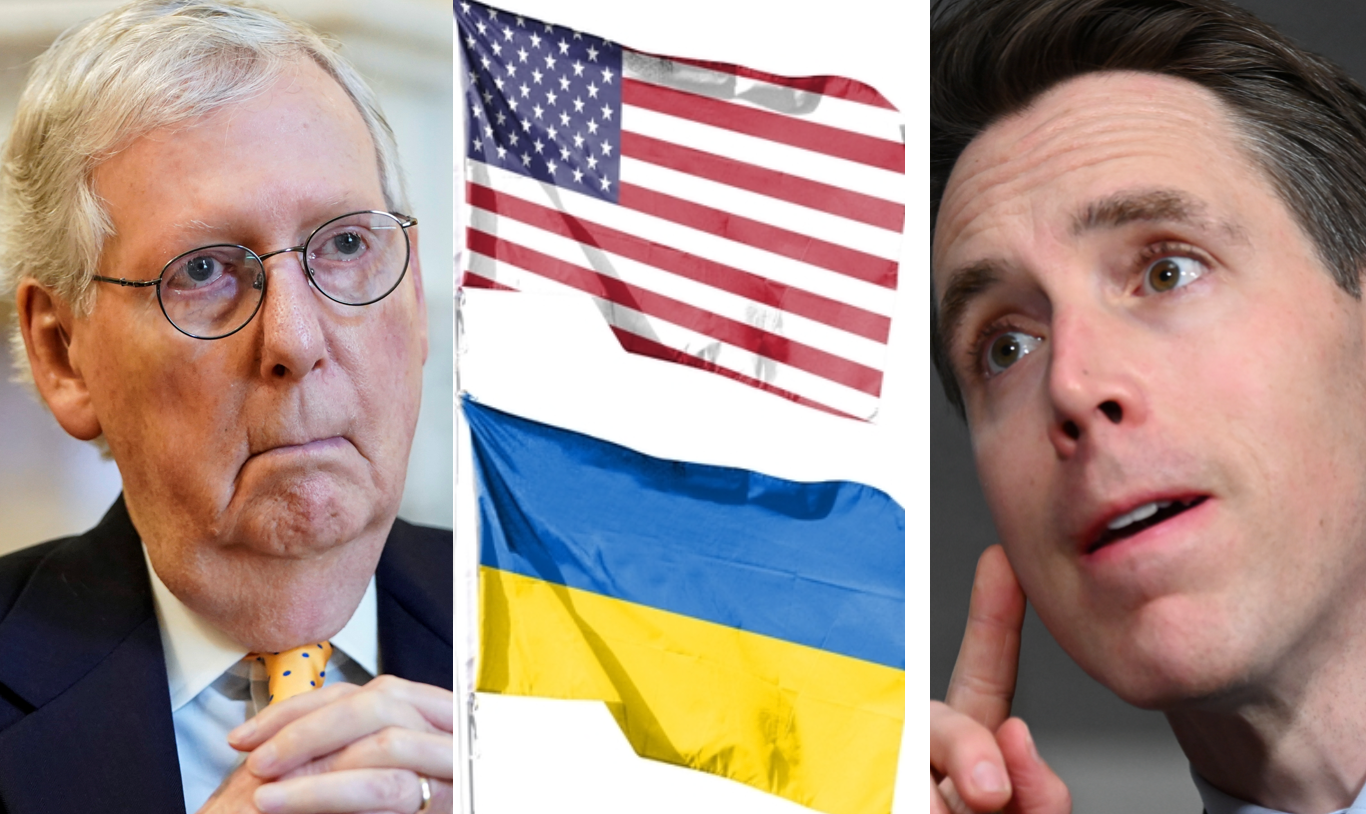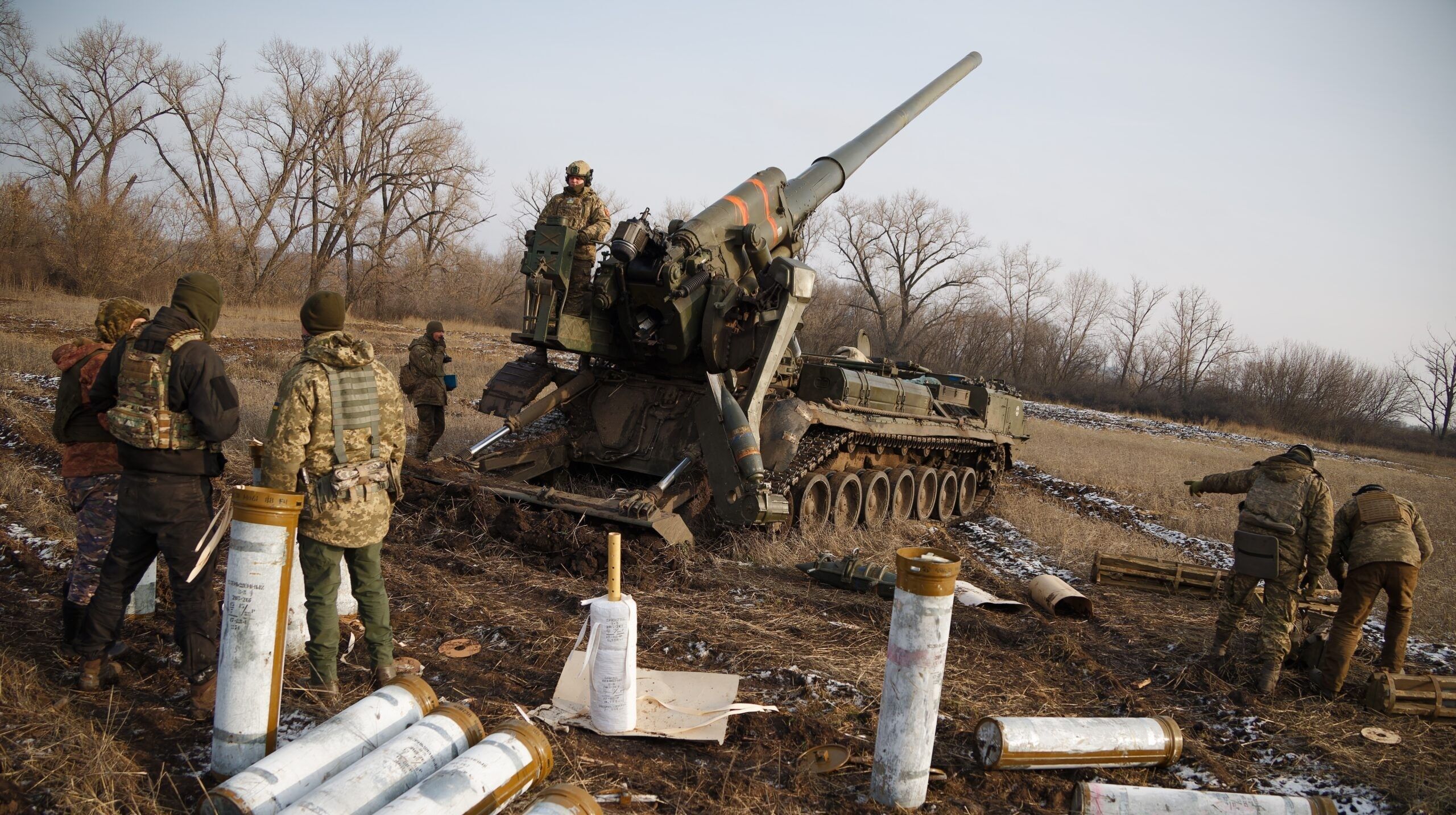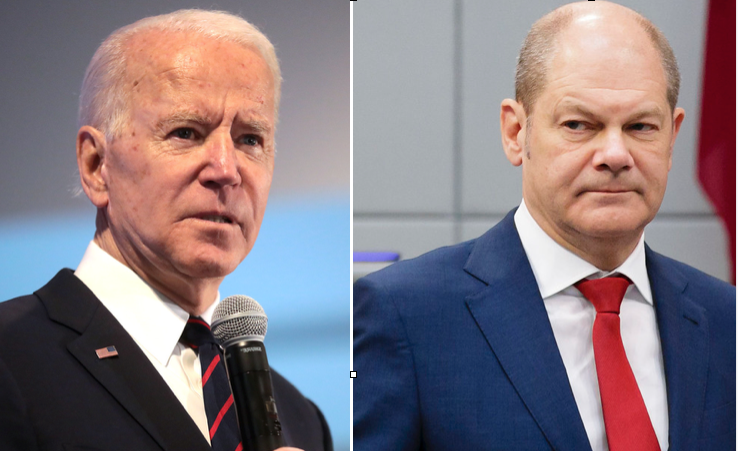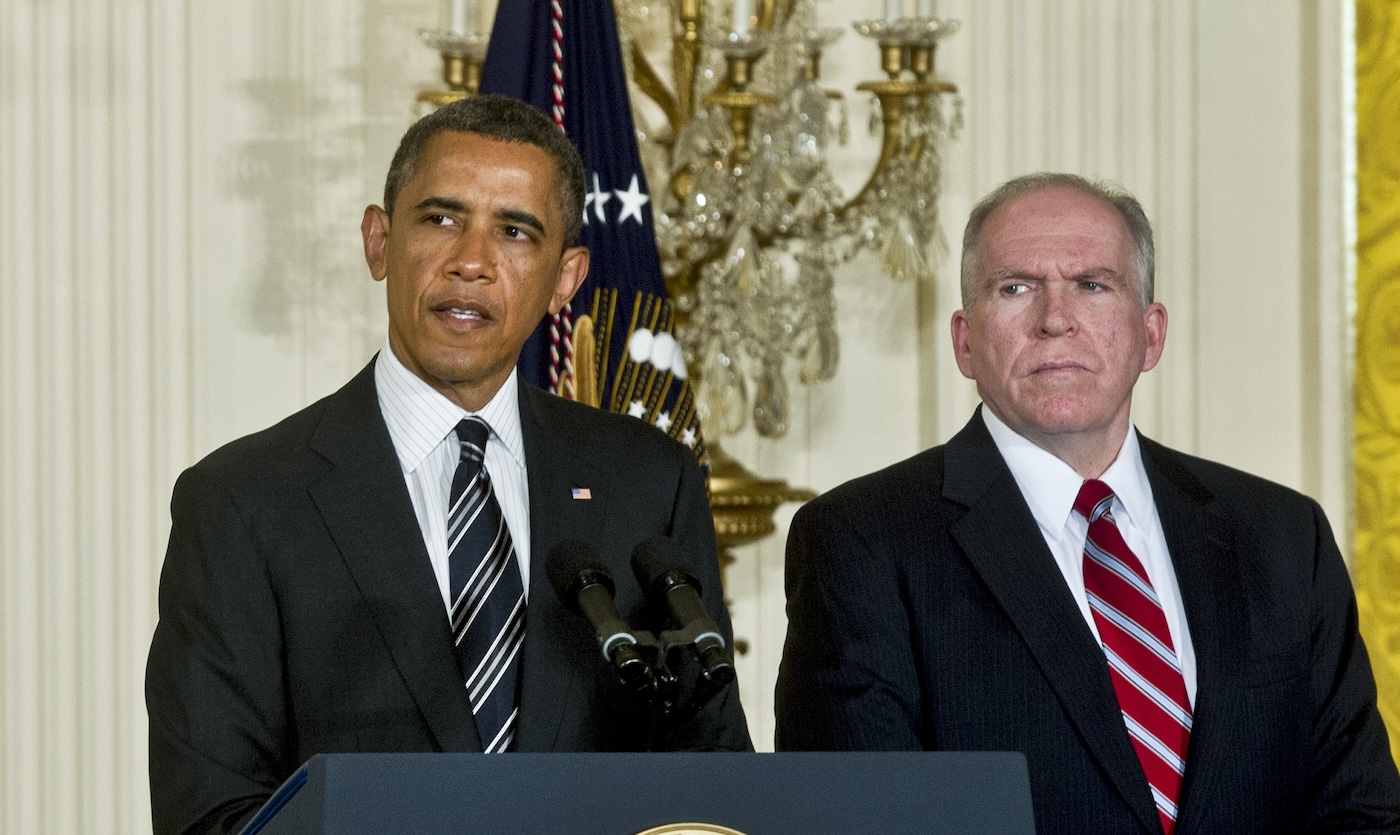What Happened to the Promise of Economic Shock and Awe” Against Russia?
We were promised ‘economic shock and awe’ against Russia
This article is part of a weeklong series commemorating the one-year anniversary Russian invasion of Ukraine on February 24, 2022. All stories here.
Winston Churchill summarized British plans to wage economic war against Germany during World War I. He wrote that the goal of the blockade (or sanctions) was to “starve the whole population of Germany — men, women and children, old and young, wounded and sound — into submission.”
Germany’s defeat in 1918 convinced victors that their strategy was working and that they could use similar sanctions to get recalcitrant states to yield at very little to no cost to them. It is unclear, however, if the blockade was effective. Had German food shortages were indeed caused by these factors. Probably caused by government mismanagement of Germany’s agricultural economy. These quarrels were not a problem for the economic champions of the day, and they have never been since.
A record of unbroken failures has not affected the confidence in the effectiveness of the weapon, as Dalep Singh, the then Deputy NSC Director, International Economic, boasted a month into the war against Ukraine.s, in a 60 Minutes interview Titled “Economic Shock and Awe.” Singh is polished and confident. “sanctions doctrine,” His unquestioning interviewer assured him that “Russia is on a fast track to a 1980s-style living standard. It’s looking into an economic abyss.” His boss, President Joe Biden echoed the theme and claimed that the ruble will soon be “rubble.”
The Russian currency is trading as usual, but nothing of the type has occurred. Russian currency is now trading Possibly slightly higher Singh’s prediction aired on the air much earlier than it did when it was made. Inflation It is almost at the same level. While Moscow shops still offer western consumer goods in full, a href=”https://www.youtube.com/watch?v=Av4vVmFAQPM”>e-commerce Trade
External relations have actually increased by 30 percent. The Projections of the IMF The Russian economy will grow in this and next year. Despite the baroque attempts to reduce Putin’s oil export income, “Urals crude” Continues to flow at levels — roughly four million barrels a day — unchanged from pre-war levels, not least through Indian, Turkish, Chinese, and Senegalese refineries, whence it moves unimpeded into European gas tanks and power plants.Such blatant circumvention of the sanctions regime is studiously ignored by the sanctioneers, since it is necessary to ward off catastrophic energy price inflation in western economies. At the very least, efforts to lower the price Russia pays for its oil via a “price cap” It appears that the mechanism has had very little impact: Asian refiners are reported to be paying the full price. (Russian exports of enriched Uranium from Kazakhstan are properly labeled as an example of sanction evasion. “Kasakh” U.S. reactors will continue to be powered reactors.)
This apparently unanticipated failure of the economic weapon is a fundamental mistake that parallels the history of another instrument of coercion used by the U.S. in the last century. Strategic bombing against “critical nodes” Like its economic counterpart, the war-making apparatus of an adversary has singularly failed in its goals, most recently in “targeted killing” Campaign against Taliban’s human infrastructure.
Both strategies are based on a mechanistic view that targets the system, in which any components essential to its functions can identified and destroyed. Taliban and other insurgent groups always responded quickly to the loss or key personnel. Similar to how Hitler’s Germany responded to the U.S. bombing “critical” Ball bearing factories are the reason why Putin’s Russia has been able to adapt to Singh’s confident attack.
It is clear that the person who planned the sanctions strategy did not really know the Russian economy, and its place within the global system. The U.S. strategy seems to have been based on the assumption that Russia was, as John McCain said, merely “a gas station masquerading as a country” Instead of being an essential source of everything, oil, grain, and metals like nickel; it is able to provide food for its own needs and keep industrial output high.
In addition, economic warfare can result in penalties for those who are guilty of an act that was not committed by the military counterparts. The air-attack strategy is not only morally offensive, as it involves incinerating German or Japanese cities or killing Afghan families with Hellfire Missiles. It also incurs the cost of an overpriced arms budget, and most recently, defeat in that war.
The economic war against Russia is likely to have more serious consequences for U.S. power, since it accelerates the de-dollarization of the global economy – quite certainly accelerated by the ill-considered “shock and awe” Initiative in seizing $300 billion worth of Russian foreign currency reserves that were held in Western banks. China has begun to shift away from the dollar in energy trades. This includes paying for Saudi oil in Renminbi. This is a worrying development for the U.S.
Putin has been criticized for his erroneous assumption that his small invasion force would be able to seize control in Kiev by a coup de maître. Biden and his advisers believed that “shock and awe” This would lead to swift victory. It may have been a grave error. Daleep Singh has since moved on. Greener pastures As the chief global economist, he also heads global macroeconomic analysis at PGIM Fixed income, one world’s most successful fixed income asset managers. The company has $890 billion under management. As a global economic leader, he will answer more questions than any television interviewer.
Violence within and disorder radiating outward — two big reasons to bring this year-old conflict to a close, sooner than later.

As more Republicans worry about the threat to escalation, and the diminution of other US priorities, their position is being eroded.

This side of the ideological spectrum has been fractured by the Russian invasion, which put values to the test. Is there any chance of a consensus emerging now?
" Conservative News Daily does not always share or support the views and opinions expressed here; they are just those of the writer."






